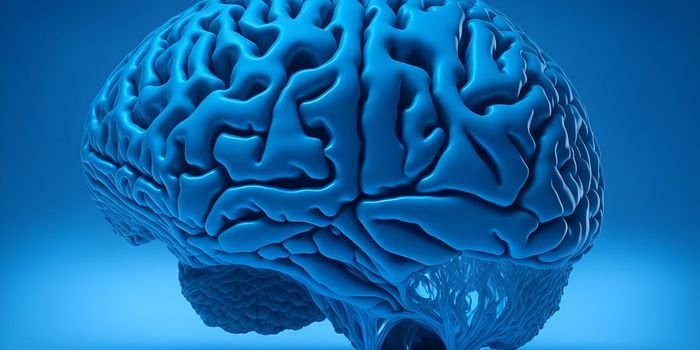Saving Gray and White Matter in Multiple Sclerosis
Antibodies that deplete B cells might hold the key to protecting both white and gray matter in the brain against the debilitating effects of multiple sclerosis (MS), according to recent research findings published in Science Translational Medicine.
MS is a complex autoimmune disorder characterized by damage to the central nervous system (CNS), leading to the formation of lesions in brain tissue. While treatments like ocrelizumab show promise in reducing relapses and preventing lesions in white matter, their efficacy in safeguarding gray matter remains uncertain.
Exploring Gray Matter Pathology
The progression of MS entails a multifaceted cascade of processes, encompassing both white and gray matter pathology. Gray matter atrophy, alongside white matter demyelination, contributes significantly to MS progression and associated cognitive impairment. Despite advances in treatments targeting the CD20 protein to deplete immune B cells, their potential to protect the brain's gray matter has remained largely uncharted territory.
In a bid to unravel these mysteries, Angela Wang and her team at the University of Toronto embarked on a study utilizing a mouse model of experimental autoimmune encephalomyelitis (EAE), akin to human MS. Through this model, they aimed to shed light on the role of anti-CD20 antibodies in gray matter pathology. Their findings not only illuminated the mechanisms underlying neuroprotection but also hinted at promising avenues for MS treatment.
Newly Discovered Neuroprotective Abilities
The research revealed that administering anti-CD20 antibodies led to an elevation in the levels of a crucial protein called BAFF, not only in the serum but also in the cerebrospinal fluid and brain tissues. Moreover, experiments demonstrated that the presence of BAFF facilitated the preservation of neurons and axons, as well as the protective myelin coating on neurons within the gray matter. These observations underscored the potential of anti-CD20 therapy in mitigating gray matter pathology, offering a glimmer of hope for individuals battling MS.
Applying Findings in the Clinic
Analyzing samples from patients with relapsing MS further bolstered these findings, showing a correlation between higher serum BAFF levels and improved outcomes post-treatment with anti-CD20 antibodies. The data underscored the neuroprotective effects of BAFF in the absence of CD20+ B cells, both in the experimental mouse model and in individuals with MS.
The future of MS Research
In essence, this study unraveled a previously unexplored facet of MS treatment, highlighting the neuroprotective role of anti-CD20 antibodies in safeguarding gray matter integrity. By elucidating the intricate interplay between B cells, BAFF, and gray matter pathology, these findings pave the way for novel therapeutic strategies aimed at alleviating the burden of MS and improving the quality of life for affected individuals.
Sources: Science Translational Medicine









